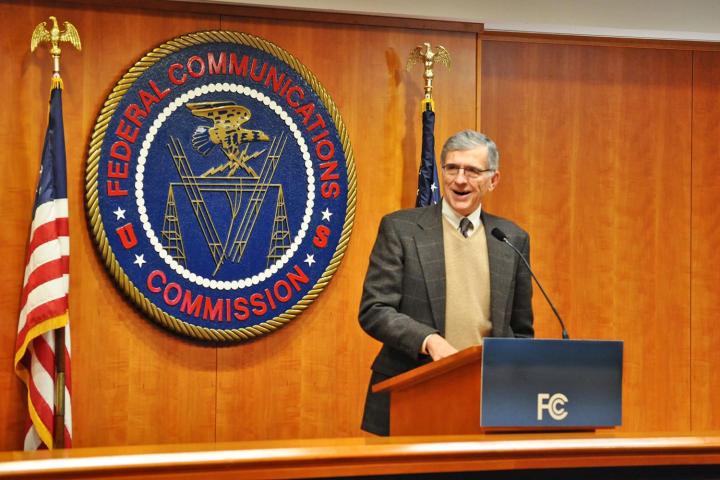
According to the report, FCC chairman Tom Wheeler sent letters to T-Mobile, AT&T, and Comcast requesting more information about their respective services in regards to data-free streaming. The FCC asked that the companies respond no later than January 15, 2016 — though Wheeler emphasized that the letters were not part of a larger investigation on his agency’s part.
“Let me be real clear,” said Wheeler. “These were ‘let’s get informed letters.'”
The services in question are T-Mobile’s Binge On, AT&T’s Data Perks, and Comcast’s Stream TV. Binge On allows T-Mobile customers to stream video from several different sources without having it count against their monthly data allotments. Data Perks, meanwhile, is a “sponsored data” program that gives AT&T customers free additional data if they agree to take surveys and complete shopping offers. Finally, Stream TV allows customers to stream video without it counting against their monthly broadband data caps.
These services serve as examples of “zero rating,” an industry practice that allows Internet service providers to disallow data usage in certain applications to count against a customer’s monthly data cap. Although some have seen this as a practice that benefits customers, others argue it goes against the FCC’s net neutrality regulations, since they require that Internet services be treated the same across the board.
More specifically, some argue that zero rating puts smaller competitors at a disadvantage, since they don’t have the resources to offer similar data-free streaming services.
All three aforementioned companies don’t seem too concerned about the letters, however. A T-Mobile spokesperson said that the carrier “looks forward to talking to the FCC” about Binge On. Meanwhile, AT&T said that it’s reviewing the letter and that it’s “committed to innovation without permission and hopes the FCC is, too.” Finally, Comcast said its Stream TV service doesn’t violate net neutrality regulations since it doesn’t use public Internet pipelines.
The FCC did take a closer look at T-Mobile’s Binge On back in November, though Wheeler concluded that the service did not violate net neutrality rules by saying it was pro-innovation and pro-competition.


